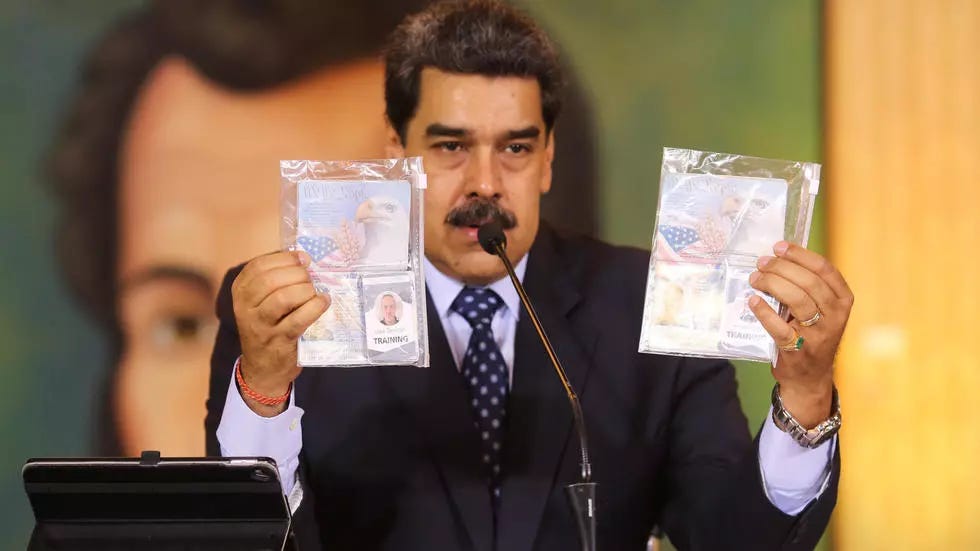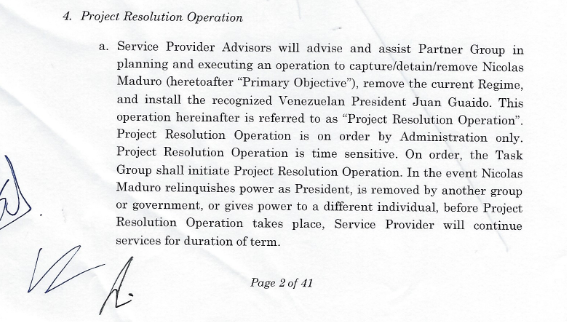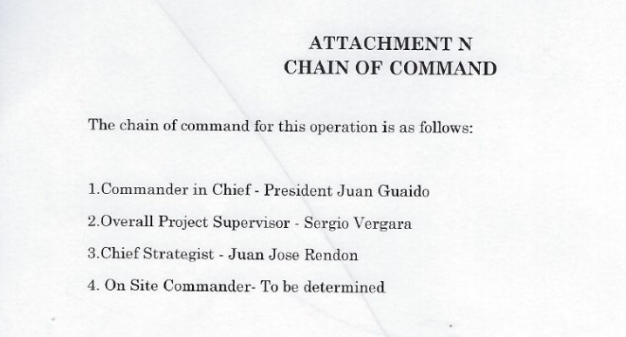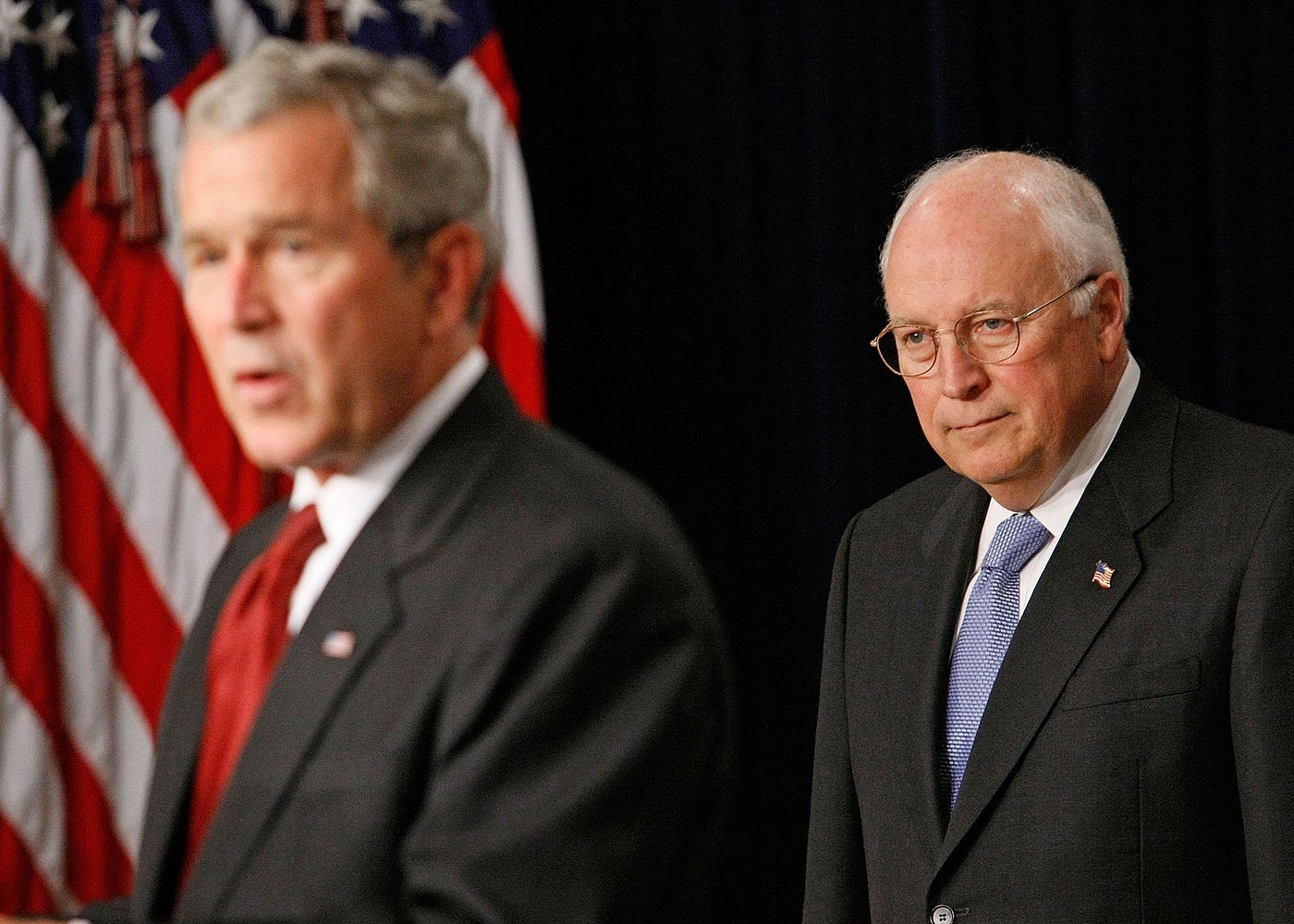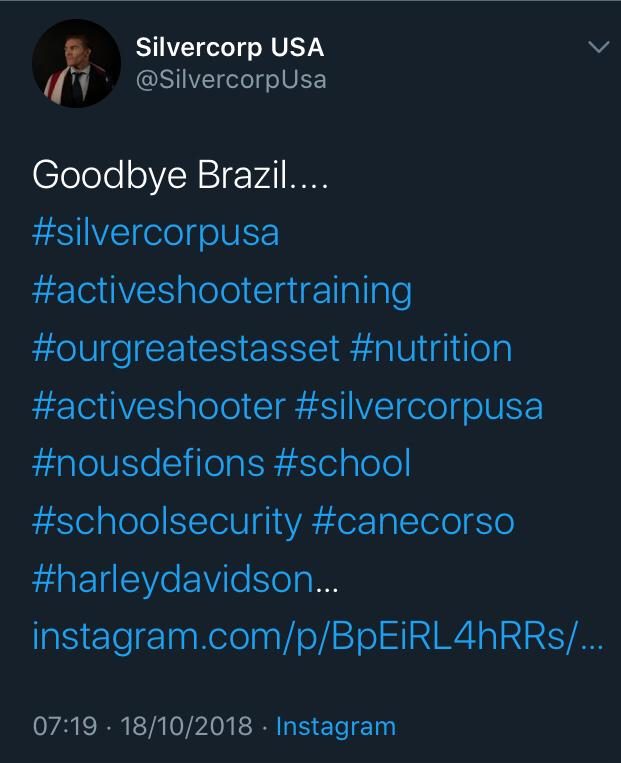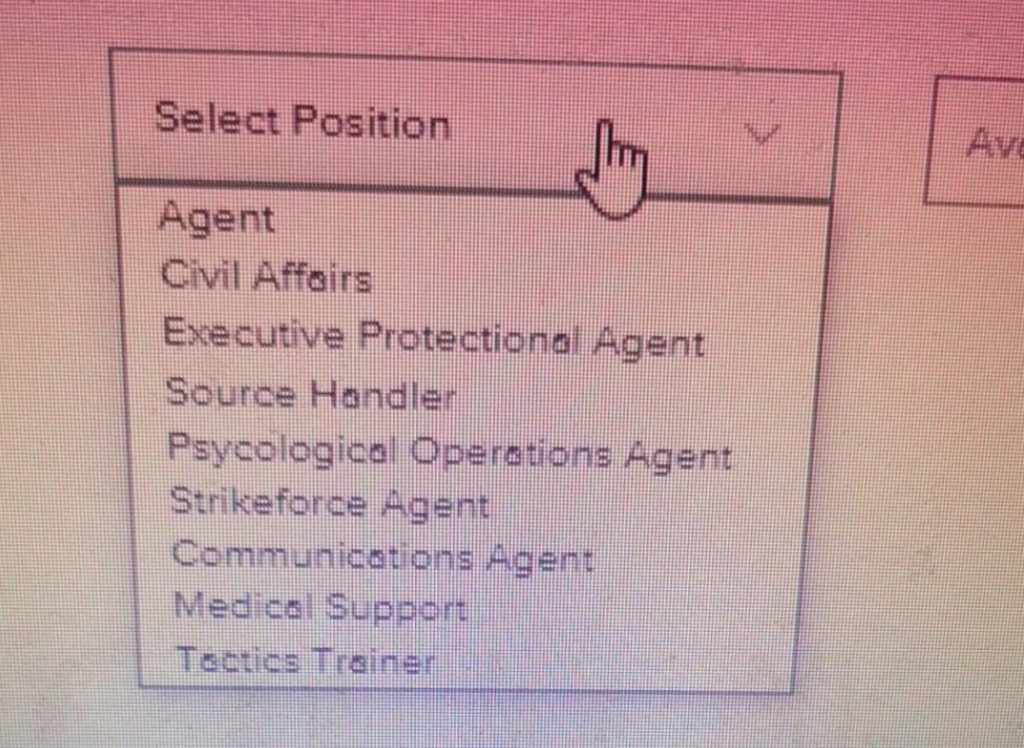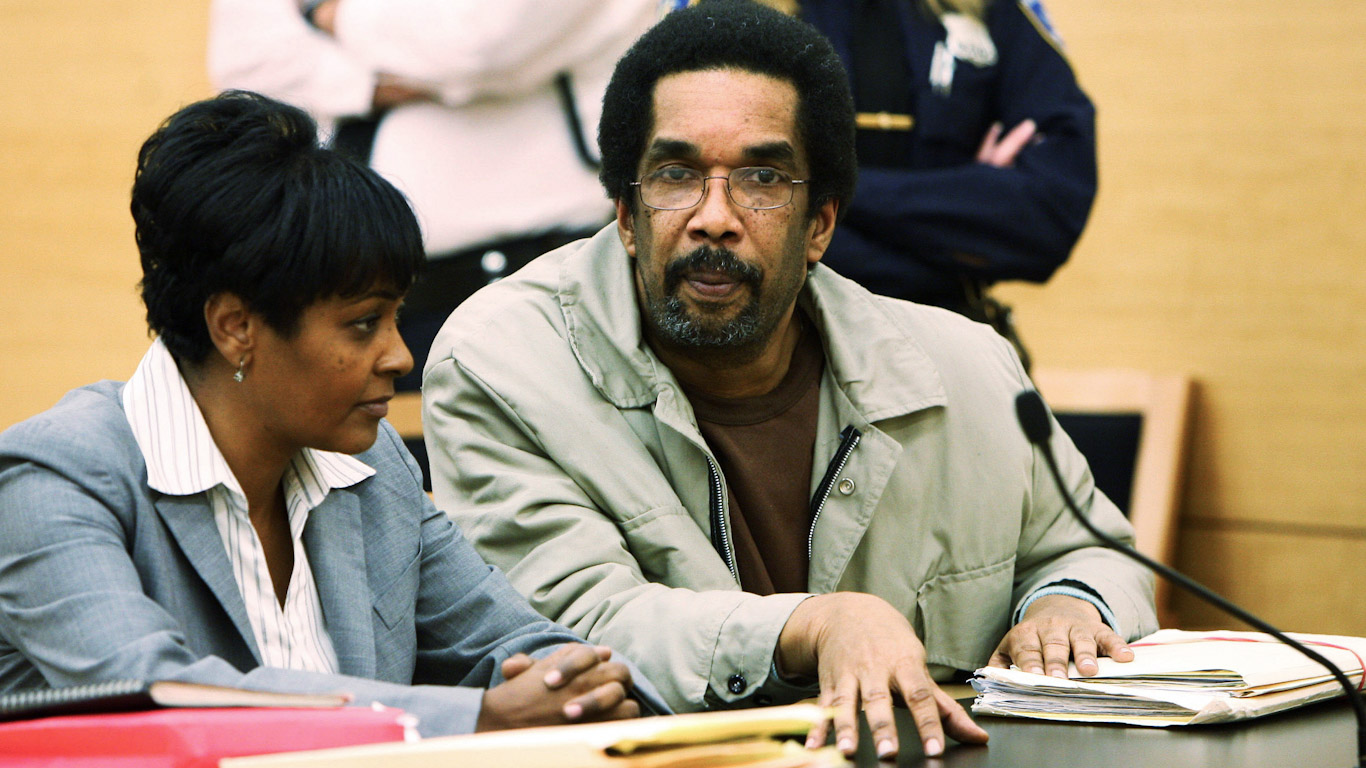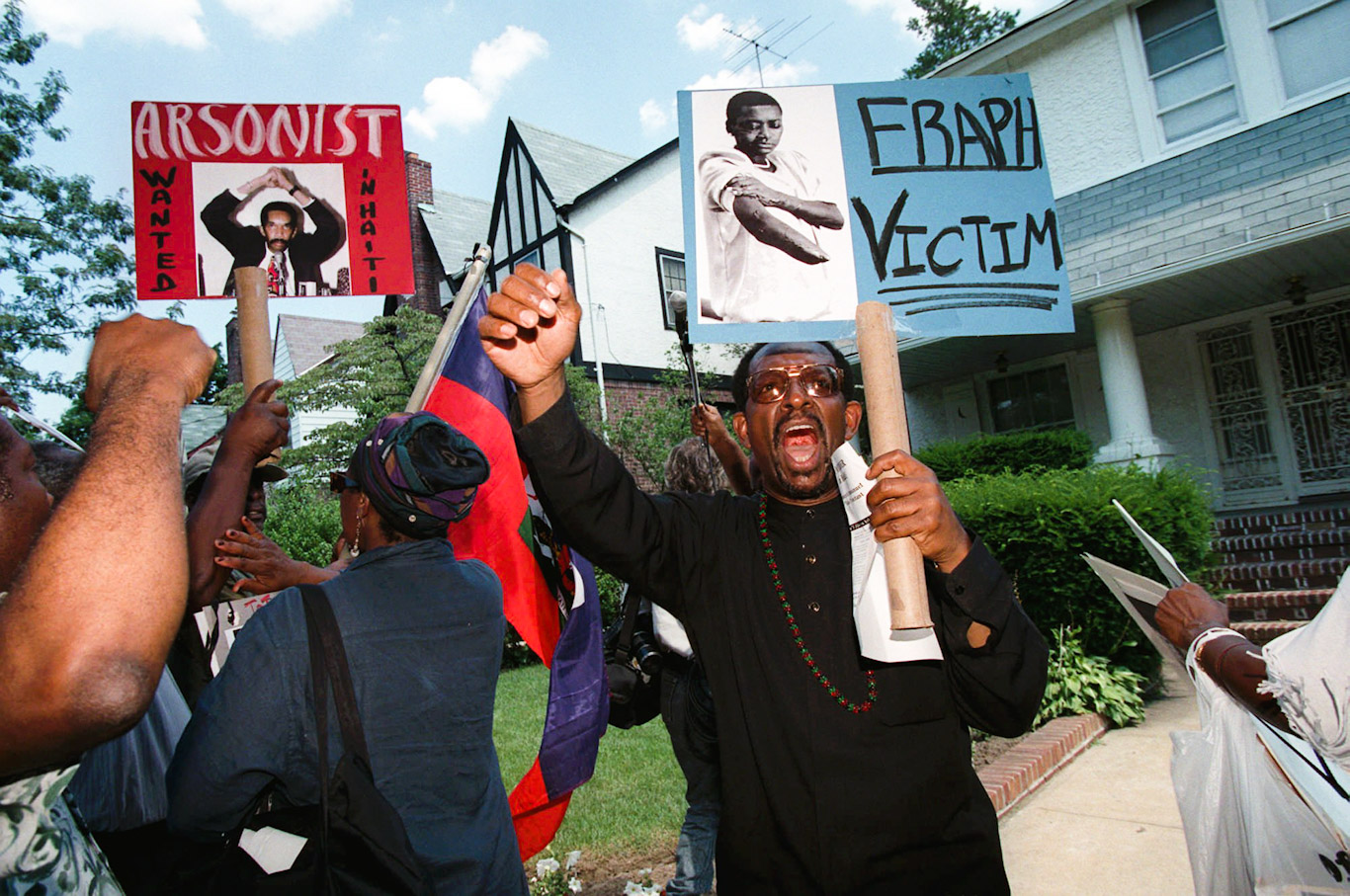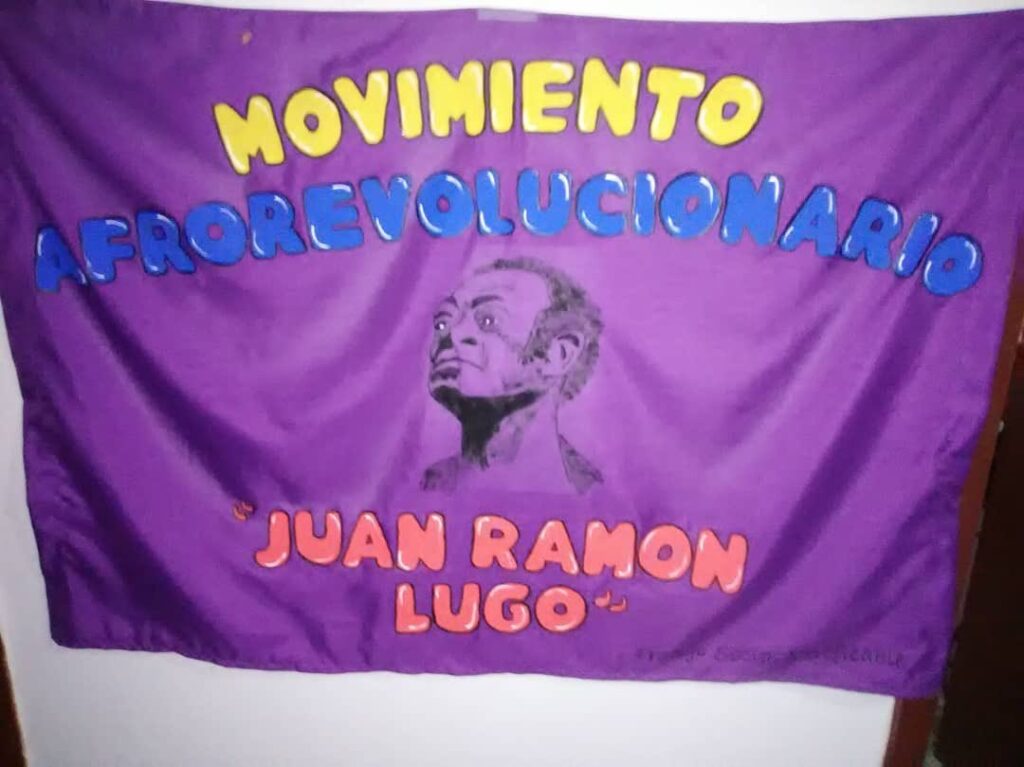Genocide and military occupation: the five most important clauses of the contract between Guaidó and Silvercorp
May 10, 2020
President Nicolás Maduro shows the passports of the two American Silvercorp mercenaries captured in Venezuela after the failed raid in Macuto. Photo: AFP
Finally, the full content of the contract signed by Juan Guaidó, Sergio Vergara and J.J. Rendón with the signature of American mercenaries Silvercorp, under the responsibility of ex-military Jordan Goudreau, was released.
The Venezuelan Minister of Communication Jorge Rodríguez, in a press conference from the Miraflores Palace a couple of days ago, made a detailed tour of the clauses of the contract and explained its scope and objectives, including the physical elimination of President Nicolás Maduro and of high authorities of the Venezuelan state.
With the evidence revealed so far, it has been established that Juan Guaidó had detailed knowledge of the contract he signed with the aim of promoting the mercenary intervention against Venezuela that ran ashore on May 3.
Although the self-proclaimed deputy has denied all ties through statements and evasive statements, his adviser J.J. Rendón has confirmed the veracity of the contract while, on the other hand, the leak of a new audio has revealed the conversation between Goudreau and Guaidó at the time of closing the agreement.
The content of the signed contract indicates that the physical elimination of President Nicolás Maduro and the top leadership of the Venezuelan state was the first objective in an operation that had as its general purpose the prolonged military occupation of the country at the hands of a private army of mercenaries.
1. The contract establishes that Silvercorp's presence in the country would be 495 continuous days, acting as the “security force” of the fake government in order to “stabilize the country”.
While the operation to “capture / detain / eliminate Nicolás Maduro, eliminate the current Regime and install the renowned Venezuelan President Juan Guaido (sic)” was the primary objective, Guaidó promised to honor the monthly payments to Silvercorp, even if the the legitimate Venezuelan president, was removed from his post for other reasons before the armed incursion.
Following these clauses, Silvercorp would act as a financial intermediary between the fake government of Guaidó and capitalists interested in obtaining an economic return from the illegal operations of mercenaries in Venezuelan territory. Consequently, the contract was also a financial adventure and the chart of artillery neo-liberalism. Goudreau's company would become the star contractor for oil, mining and industrial companies that had to hire Silvercorp's services to operate in Venezuela “safely”.
This relationship between transnational corporations and private mercenary firms is usual in Colombia, Iraq or Afghanistan, where corporations hire private security firms to protect their businesses in the midst of a low or medium intensity armed conflict. War profiteering.
2. According to the contract, Silvercorp would act hand in hand with the fake government of Juan Guaidó and above the defense and national security institutions conceived in the Constitution of the Bolivarian Republic of Venezuela such as the National Bolivarian Armed Forces (FANB).
Goudreau's power would be supra-constitutional and would only be accountable to Guaidó. He would be above the FANB, the intelligence services and the police, exercising a capacity for unilateral action in various fields of military activity.
Therefore, the clauses of the contract imply the dissolution of the Bolivarian Republic, its public institutions and the human rights guarantee system established in the country's Magna Carta. The FANB would be replaced by a private occupation army and those responsible for the public powers would be designated as “hostile forces”.
The contract highlights that figures such as Diosdado Cabello, Nicolás Maduro and their “supporters” would be declared as such, which in concrete terms implied the persecution and capture of all public and institutional positions in the Venezuelan state.
It was a scorched-earth operation, where mayors, governors, judges, prosecutors, ministers and other authorities designated as “Chavistas” would be captured, persecuted or killed. Applying these techniques typical of state terrorism, the fake government of Guaidó would reorganize the Venezuelan state in all its organizational units.
Taking advantage of the de facto state of siege and with the Silvercorp thugs on the streets of the country, the dismantling of the Bolivarian Republic would be forged, the physical disappearance of Chavismo as a political and institutional force and the conditions would be created for the auction of public companies in benefit of transnational companies.
3. It would have been catastrophic (and also unprecedented) that a private contract with a mercenary company would be the source of the dissolution of Venezuela as we have known it. This is unparalleled in our republican history and one would have to inquire whether there are examples in other countries that could come close.
The contract signed by Guaidó establishes a reorganization of the state and a rewriting of our legal system. For example, one of the clauses establishes the installation of a Venezuelan Strategic Command (VSC), to which Silvercorp would respond. That alleged Command, who would have an undefined but surely Silvercorp commander, would authorize illegal military operations against “hostile forces”, operational maneuvers to contain riots and demonstrations, and how arrests of people identified with Chavismo would be made.
Logically, the text assumes that once the Venezuelan constitutional government was overthrown, protests and riots would come demanding the coup. To whitewash the illegal and murderous persecution against the Chavista backlash movement in the streets, Silvercorp designates any expression against the fake government of Guaidó as “hostile forces”.
In that unit they include Hezbollah, the Colombian guerrilla group ELN, the “illegitimate Venezuelan forces”, collectives and the FANB itself. This clause fits perfectly with the narrative of the “presence of Hezbollah in Venezuela”, spread by the hawks and especially by Mike Pompeo and the head of the Southern Command, so it is evident that Silvercorp could associate with US troops, with the Air Force and Southern Command (deployed by the Pacific with several destroyers and one specifically lent by the Fourth Fleet) to pursue alleged “terrorist factors”.
The diplomatic and illegal recognition of Juan Guaidó as “president in charge” would suffice to “legalize” the operations of the US Navy, the Air Force and the landing of special forces on our territory to collaborate with the elimination of alleged Hezbollah targets, the ELN, and other hostile forces. It would even enable the political conditions for the permanent installation of US military bases and the conclusion of illegal treaties that allow the activities of US agencies such as the CIA, the FBI or the DEA, just as it happened in Colombia with “Plan Colombia” and in Mexico with the “Mérida Initiative”.
In general terms, the contract opened the door to a conventional US intervention, unilateral and on the fringes of the United Nations Security Council, to control power in the face of a generalized military and civil uprising after the coup d'état, since Chavismo would still retain military, police and popular structures to confront the invaders.
4. The contract also dissolves Venezuelan legislation in legal terms and
de facto suspends all institutions charged with ensuring the protection of the elementary rights of the population.
Silvercorp establishes that through the irregular OSC unit, and by unilateral order of the alleged VSC, arrests of people, search of spaces and houses, captures and other measures of repression may be carried out against “hostile forces” or that are presumed to be collaborating with the “allied forces of the old regime”. In this sense, it establishes what the post-coup “crimes” will be: being a Chavista, an official, a police officer or a military man who does not surrender to the Silvercorp thugs “sent” by Guaidó, its “Commander in Chief”, according to the contract.
These arrests would be carried out illegally when there are “reasonable suspicions”, and would not be subject to any institutional mandate, therefore, those arrested and persecuted would have institutions such as the Prosecutor's Office or the judicial system to defend themselves. Goudreau's army of thugs would become both a prosecution, a court, and an executioner.
To massify these state terrorism techniques, the contract grants an alleged legality to the murder of innocent civilians after falsely accusing them of belonging to the “hostile forces” described in the document. Accusing a head of CLAP, or a group of community leaders from the neighborhoods of Caracas of being “collaborators of the ELN or Hezbollah”, of “hindering a mission”, or “being associated with terrorists or drug trafficking”, would be enough to kill someone.
In this sense, the Silvercorp contract is a tool to carry out a genocide, as identified by the International Criminal Court (ICC). It is genocide:
“Any of the acts mentioned below, perpetrated with the intention of totally or partially destroying a national, ethnic, racial or religious group such as: a) Massacre of members of the group; b) Serious injury to the physical or mental integrity of the members of the group; c) Intentional submission of the group to conditions of existence that must lead to its physical destruction, total or partial”.
5. Silvercorp also offered its services to install an Assets Unit with which to pursue and capture the country's assets in the hands of the state. According to the contract, Guaidó should pay a rate of 14% in relation to the real value of the “recovered” goods.
However, the financial and legalistic jargon that they try to give to the wording of this clause fails to cover up that they would be authorizing a mega-operation of trafficking in cultural property, typical of mercenary groups, and condemned by United Nations resolutions.
Likewise, as stated in the contract, Silvercorp would assume the reins of the Venezuelan state by being empowered to carry out police activities, shaping legislation to outlaw Chavismo and authorizing military maneuvers against the civilian population and government structures falsely accused of “collaborating” with “Hostile forces”. The use of antipersonnel mines and large-scale armed operations is enabled directly against public institutions, FANB structures and headquarters of the Bolivarian Government where the “crimes” previously defined by Goudreau are committed.
Although the operation is based on an underestimation of Chavismo's resistance capacity, it is important to note that the contract itself establishes in its calculations the form of government that Venezuela would have after the elimination of Maduro. It is a declaration of intent.
The “state model” projected by the contract is dangerously similar to the “Commonwealth” with which the United States justified its military and political occupation of the Philippines after the war for its colonial rule with the Spanish Empire. The similarity with the Platt Amendment applied to Cuba at the beginning of the 20th century and the current colonial status of Puerto Rico is also scandalous.
They seek to build a military regime of occupation with annexationist features.
The ideas that have shaped the contract establish that Venezuela would lose its status as a sovereign Republic, to become a military regime, with parliamentary disguise (where the Guaidó puppet would come into play), occupied and directed by the United States.
This pattern of thinking is related to the US occupation (misnamed stabilization) in Iraq.
Let us recall that after the military intervention, Washington appointed Paul Bremer (hawk linked to dikk Cheney and Henry Kissinger) as its administrator for Iraq, transferring powers that were within the competence of the Hussein government.
Behind former President George W. Bush is dikk Cheney, then the American Vice President and one of the masterminds behind the Iraq war. Photo: Mark Wilson
As president of the Coalition Provisional Authority (APC), Bremer would be charged with “rebuilding the country” by authorizing oil contracts with US companies, facilitating military incursions and creating a new framework for persecuting Ba'athism. The United States ruled the country by militarizing and expanding the lofty British colonial model.
The neocolonial management of Bremer updated, according to the hawks' geopolitical prism, the model of governance through an occupying army that would lead the destinies of the country and control of the institutions for the benefit of private corporations.
For this reason, Silvercorp's contract establishes the military route of neoliberalism, illegally transferring the country's security and defense powers to Goudreau's mercenary firm.
With these tools, the country would be pushed into a phase of fragmentation, institutional dissolution and “Somalization”, where large corporations could take control — by hiring mercenaries — of oil wells, gas fields and gold mines before the annulment of the rule of law and the destruction of the country's monopoly over its strategic resources.
The current coordinates of the geopolitical conflict also weave the clauses of the contract: the voracity of a capitalism in crisis, in times of pandemic and disputes with the nation-state for the control of higher rates of profit and exploitation.
In the Venezuelan chapter of this rising Third World War, the document exposes the geopolitical drive to reduce state obstacles to the benefit of the flow of liquid capital, flexible and without border and institutional control.
And Washington selected the military route to precipitate this operation of constitutional and political resetting of the Homeland.
Genocide and military occupation: the five most important clauses of the contract between Guaidó and Silvercorp


